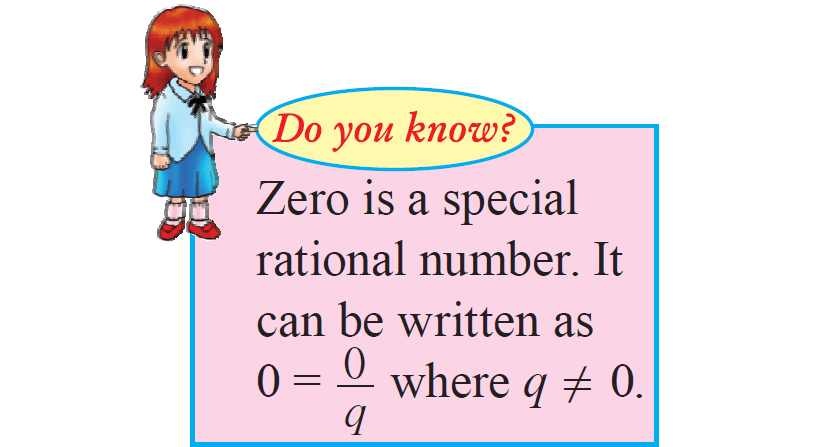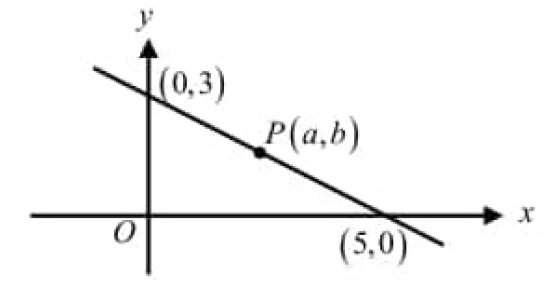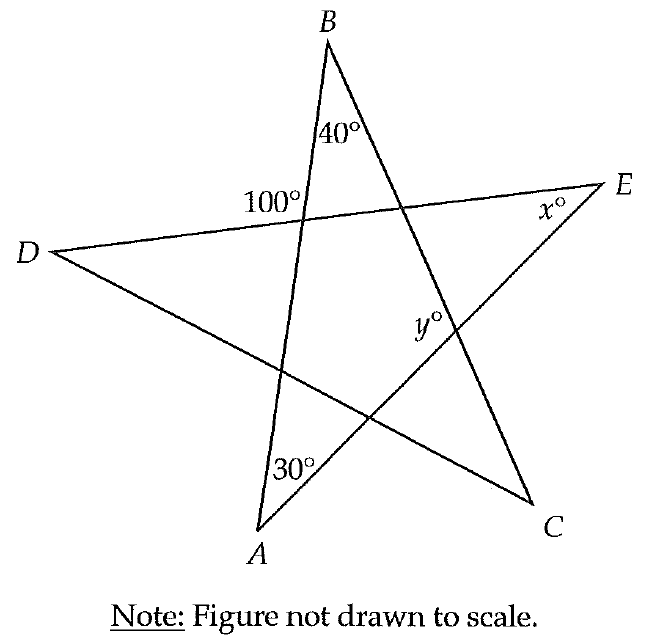PROPERTIES OF SUBTRACTION OF RATIONAL NUMBERS
There are some properties of subtracting rational numbers like closure, commutative, associative and distributive.

Closure Property
The difference between any two rational numbers is always a rational number.
Hence Q is closed under subtraction.
If a/b and c/d are any two rational numbers, then (a/b) - (c/d) is also a rational number.
Example :
5/9 - 2/9 = 3/9 = 1/3 is a rational number.
Commutative Property
Subtraction of two rational numbers is not commutative.
If a/b and c/d are any two rational numbers,
then (a/b) - (c/d) ≠ (c/d) - (a/b)
Example :
5/9 - 2/9 = 3/9 = 1/3
2/9 - 5/9 = -3/9 = -1/3
Hence, 5/9 - 2/9 ≠ 2/9 - 5/9
Therefore, Commutative property is not true for subtraction.
Associative Property
Subtraction of rational numbers is not associative.
If a/b, c/d and e/f are any three rational numbers,
then a/b - (c/d - e/f) ≠ (a/b - c/d) - e/f
Example :
2/9 - (4/9 - 1/9) = 2/9 - 3/9 = -1/9
(2/9 - 4/9) - 1/9 = -2/9 - 1/9 = -3/9
Hence, 2/9 - (4/9 - 1/9) ≠ (2/9 - 4/9) - 1/9
Therefore, Associative property is not true for subtraction.
Distributive Property
Distributive property of multiplication over subtraction :
Multiplication of rational numbers is distributive over subtraction.
If a/b, c/d and e/f are any three rational numbers,
then a/b x (c/d - e/f) = a/b x c/d - a/b x e/f
Example :
1/3 x (2/5 - 1/5) = 1/3 x 1/5 = 1/15
1/3 x (2/5 - 1/5) = 1/3 x 2/5 - 1/3 x 1/5 = (2 - 1) / 15 = 1/15
Hence, 1/3 x (2/5 - 1/5) = 1/3 x 2/5 - 1/3 x 1/5
Therefore, multiplication is distributive over subtraction.
Kindly mail your feedback to v4formath@gmail.com
We always appreciate your feedback.
©All rights reserved. onlinemath4all.com
Recent Articles
-
Digital SAT Math Problems and Solutions (Part - 134)
Apr 02, 25 12:40 AM
Digital SAT Math Problems and Solutions (Part - 134) -
SAT Math Resources (Videos, Concepts, Worksheets and More)
Apr 02, 25 12:35 AM
SAT Math Resources (Videos, Concepts, Worksheets and More) -
Digital SAT Math Problems and Solutions (Part 135)
Apr 02, 25 12:32 AM
Digital SAT Math Problems and Solutions (Part 135)

